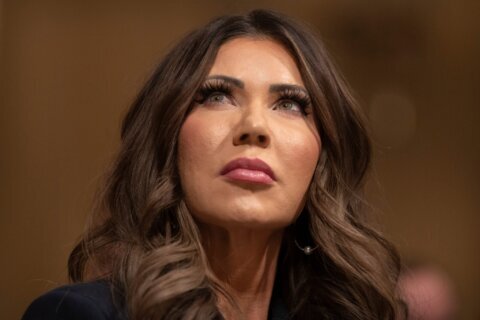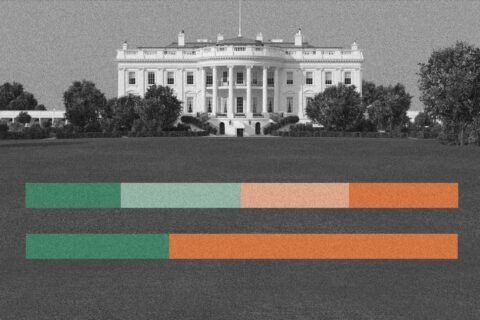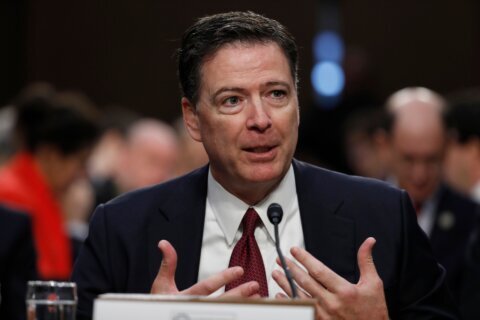WASHINGTON — Republican presidential candidate Donald Trump is unloading on the Virginia Republican Party over their plans to require 2016 primary voters to sign a statement confirming Republican party affiliation at the ballot box.
The statement requiring voters to sign in the voting booth simply states, “My signature below indicates that I am a Republican.”
Trump and supporters suggest the move is a plot by the state’s GOP establishment to deter independents and crossovers from voting in the primary. Keeping those voters out could do the most damage to Trump, experts tell The Washington Post, because he enjoys wide appeal from non-party traditionalists.
“@DavidSadler2525: @realDonaldTrump What’s going on in VA? What’s the GOP doing? They will lose the state because of the RNC!
— Donald J. Trump (@realDonaldTrump) December 27, 2015
It begins, Republican Party of Virginia, controlled by the RNC, is working hard to disallow independent, unaffiliated and new voters. BAD! — Donald J. Trump (@realDonaldTrump) December 27, 2015
The GOP in Virginia declined to comment for a Washington Post story and referred to a Dec. 17 statement by party executive director John Findlay, who called the requirement a “reasonable threshold” that would “ensure Republican voters select our Republican nominee in 2016.”
“As this Statement of Affiliation gets discussed, many in the media are misconstruing its intent and terminology. It is not an “oath” or “pledge” in any way. It is not targeting any candidate, group of voters or an unreasonable barrier to voting. These nine words were used specifically to avoid any confusion or reference to past attempts.”
Advocates point that the requirement is not new and is in response to past elections in which opposing party voters seek to throw primary elections by crossing over to vote. Virginia voters do not have to declare a party when they register, and can vote in either primary if they wish.
Over the years, the GOP has tried to institute a similar statement on the ballot, not always successfully. In 2000, the party required voters to sign a much more detailed pledge. Still, the declaration remains legally unenforceable — there is no stopping people from voting however they want. But it might hurt the party’s image in the meantime, especially if Trump wants to make it part of his anti-establishment platform.
“(It’s) a real problem for a party that wants to be inclusive instead of exclusive,” Trump’s campaign manager Corey Lewandowski told the Washington Post. “We want to have as many people participate as possible, right?”
Virginia Del. David I. Ramadan of Loudoun doesn’t see the problem. True Republicans, including Trump, shouldn’t have any problem declaring themselves as such, he told the Post. “If Trump considers himself a Republican and his supporters consider themselves Republican, then what’s wrong with signing a pledge saying they are a Republican?”
@PRETTYGIRLGG11 …all campaigns were notified, Trump campaign never objected during deliberation. Now they hate it. Shocker!?!?
— Hon. David I Ramadan (@DavidIRamadan) December 28, 2015







